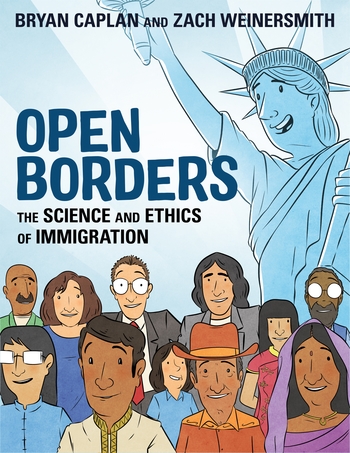Freeman J. Dyson, a mathematical prodigy who left his mark on subatomic physics before turning to messier subjects like Earth’s environmental future and the morality of war, died on Friday at a hospital near Princeton, N.J. He was 96.
I learned a lot from Dyson's writings, even when I didn't fully understand them, which was almost always the case.
Even the title for this post is his words.
[Science] is only a small part of human capability. We gain knowledge of our place in the universe not only from science but also from history, art, and literature. Science is a creative interaction of observation with imagination. ... Imagination by itself can still enlarge our vision when observation fails.
As I noted in that blog-post, if only science were taught that way, along with art and literature and everything else. "a creative interaction of observation with imagination"
Reviewing my blog-posts in which I refer to Freeman Dyson, I find that I truly enjoy them all. I suppose I was also drawn to his irreverent approach--a trait of his that the obituary also notes:
In a profile of Dr. Dyson in 2009 in The New York Times Magazine, his colleague Steven Weinberg, a Nobel laureate, observed, “I have the sense that when consensus is forming like ice hardening on a lake, Dyson will do his best to chip at the ice.”
Even when it came to religion:
He was religious, but in an unorthodox way, believing good works to be more important than theology.
“Science is exciting because it is full of unsolved mysteries, and religion is exciting for the same reason,” he said in his Templeton Prize acceptance speech. “The greatest unsolved mysteries are the mysteries of our existence as conscious beings in a small corner of a vast universe.”
One more giant exits stage left!







